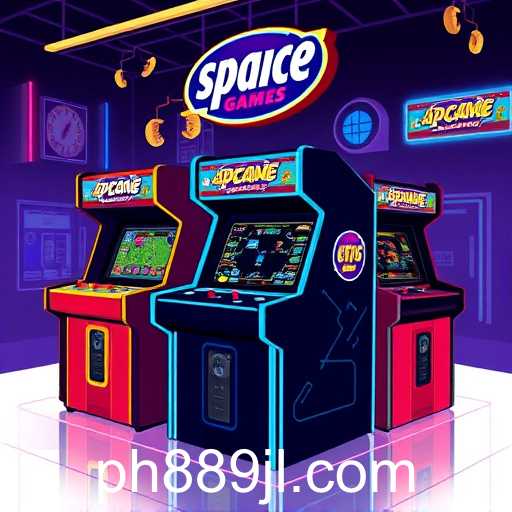As the world becomes increasingly interconnected through digital means, the influence of gaming websites such as ph889 is expanding beyond pure entertainment. In 2025, educators are harnessing the power of game-based learning to engage students and enhance their educational experiences. This shift mirrors broader trends in which digital platforms are integrated into various facets of life, including the classroom.
Education technology has seen remarkable advancements, transforming teaching methodologies. Platforms like ph889, originally dedicated to games, now offer resources that support learning through interactive means. This fusion of gaming and education is called game-based learning, which allows students to develop critical thinking and problem-solving skills in a stimulating environment.
Reports indicate that schools implementing these strategies have noticed increased student engagement and improved learning outcomes. By tapping into the intrinsic motivation associated with gaming, educators can facilitate a deeper comprehension of academic subjects. Game-based learning also fosters collaboration and communication among students, preparing them for future challenges in a rapidly changing world.
One notable benefit of incorporating gaming elements into education is the ability to cater to diverse learning styles. For instance, visual and kinesthetic learners can thrive in an interactive game setting, where traditional methods may have failed to engage them. Furthermore, these platforms often include analytics features, enabling educators to track progress and adjust their approaches accordingly.
In conclusion, as platforms like ph889 continue to evolve, their potential to revolutionize education becomes increasingly evident. By integrating gaming dynamics into the curriculum, educators not only capture students' attention but also equip them with essential skills for the future.








